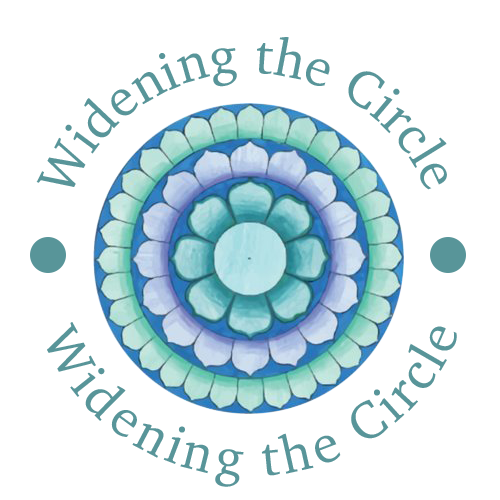Celebrating Neurodiversity in Faith-Based Schools
Neurodiversity is in every classroom, even in private faith-based schools! When a private school chooses to embrace inclusive educational practices for students with disabilities, the entire community grows richer in the faith. Here are some important considerations for school leaders who say YES to building systems and practices for families.
Lean in to the faith leaders in your community.
Pastors, Rabbis, Priests, and Nuns are valuable models of faith formation on your campus. Include these leaders in your planning to discern the disposition of faculty, staff, board members, students and families for successful inclusion. Review doctrine that can be included in the conversation around why you are an inclusive community. Discuss the writings of faith leaders that emphasize and promote inclusion.
Have open conversations about common beliefs around persons with disabilities.
Do faculty members use labels for students on campus, such as “honors kids,” “inclusion students,” or “tiered students?” These common labels that describe support or enrichment services are one way we move away from person-first language and assign value or expectations to students. Model and expect person-first language among school community members.
Assess the accessibility of your community.
It is important to consider various forms of communication, ways of moving throughout campus and within classrooms or common spaces, and participating in activities that are extensions of academic life. Are theaters handicap accessible for grandparents? Is there a liaison with an ASL interpreter for the deaf and hard of hearing? Are walkways equipped with handrails, ramps, and automatic doors? These are only a few questions to prompt a careful analysis of the accessibility of the physical spaces across campus as well as processes to accommodate those with sensory impairments.
- Review any resources available within your faith community.
- Consult with a local Occupational or Physical Therapist who may provide guidance on improving accessibility of physical spaces.
- Consult with local deaf and blind communities to learn more about captioning, interpreters, and options to support vision impairments.
Knowledge, Skills and Dispositions
Preparing the community includes considering the individual and collective knowledge of learning disabilities and the impact each has on a child’s learning, the skills to teach students with a variety of learning needs, and the disposition of faculty, staff, students, and families. Assessment of the knowledge and skills of faculty and staff can inform professional development needs, coaching opportunities, or learning communities for faculty to build capacity in these areas. Surveys or self-assessments and reflection as well as observations in the classroom can all inform the school leaders of the areas that may need refinement and growth.
Assessing disposition towards persons with disabilities can be more challenging. Outward displays of bias may not be common in a faith-based community. A close read of the mission and vision of the school is a good place to begin. Is the focus “academic rigor” or “college prep?” Community members may lean into these phrases as rationale for NOT accepting neurodiverse learners. Reflecting on the mission and vision of the school is necessary to ensure expectations of inclusion.
Policies and Procedures
An inclusive private school will require policies, protocols, and procedures for students with disabilities. When students struggle with academic skills, next steps and expectations must be made clear for parents and faculty. Teams of faculty members are excellent for reviewing student data and determining interventions and strategies that may be beneficial. When necessary, a student may need to be evaluated by the local public school to learn more about the specific strengths and areas for growth. Having clear procedures in place ensures students are supported, parents are informed, and decisions are based on data.

